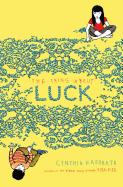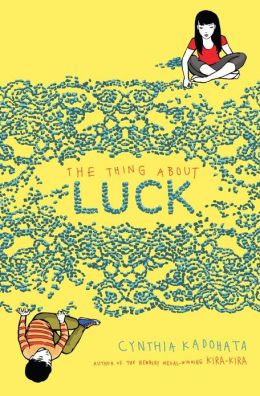 Newbery medalist Cynthia Kadohata's (Kira-Kira) moving novel of an intergenerational family unfolds through the eyes of 12-year-old Summer Miyamoto.
Newbery medalist Cynthia Kadohata's (Kira-Kira) moving novel of an intergenerational family unfolds through the eyes of 12-year-old Summer Miyamoto.
Her parents have gone to Japan to care for three dying elderly relatives. But it's harvest time, when the family makes the majority of its income working the wheat fields of Kansas, Texas and Oklahoma. So Summer, her 10-year-old brother, Jaz, and her Obaachan (grandmother) and Jiichan (grandfather) head off to work as "wheaties" with the Parkers, a kind, hardworking family with a son close to Summer's age. Summer has always found Rob rather boring, but this May he has blossomed into a handsome young man, and Summer often forgets what she's going to say around him. Obaachan scolds her, "Don't stare." Her brother (who "wouldn't be Jaz if he weren't obsessed with something") has been diagnosed with ADHD, PDD-NOS and OCD, depending on which doctor you ask. But his biggest fear is that he'll never have a friend, after his best friend moves away from their town of Littlefield, Kans. Summer's kindness toward him wins out over her impatience with him. A recent bout of malaria has given Summer a maturity beyond her years.
Kadohata's novel is a love letter to the flatlands of the Midwest. Summer connects with its beauty and shares her fascination with how the wheat gets from field to table, and her interest is infectious. (She describes the uncut wheat on a gentle slope of the Franklins' Oklahoma farm: "It looked like windblown sand beneath the bright sky.") It's man against nature, as the Parkers and their team race to finish harvesting one farmer's land in order to get to the next before a storm moves in. Summer and Obaachan serve as the cooks for the combine operators--which include Jiichan--who drive the machines that cut the wheat. Nature and mealtimes govern the rhythms of their daily lives.
Summer's grandparents play a large role in the shaping of Summer's conscience and outlook. Despite their bumpy English, they know just what's going on and also how and when to speak their minds. Summer's accumulation of wisdom through the harvest season results in an ending that sneaks up on readers in its impact and poignancy. Kadohota's novel opens a window into a multigenerational family that honors its own culture while also planting a firm foundation in America. --Jennifer M. Brown
Shelf Talker: Newbery Medalist Kadohata delivers a love letter to the Midwest, through the eyes of 12-year-old Summer Miyamoto and her family as they harvest the wheat fields from Texas to Oklahoma.
 Pannell Award-winning bookseller A Whale of a Tale Children's Bookshoppe, Irvine, Calif., is going to close temporarily, but owner Alexandra Uhl promises that the business will reopen in another location as soon as possible, Jacket Copy reported.
Pannell Award-winning bookseller A Whale of a Tale Children's Bookshoppe, Irvine, Calif., is going to close temporarily, but owner Alexandra Uhl promises that the business will reopen in another location as soon as possible, Jacket Copy reported. 






SHELFAWARENESS.1222.T1.BESTADSWEBINAR.gif)

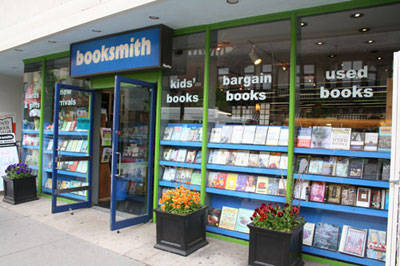 In its most recent B-Mail e-newsletter,
In its most recent B-Mail e-newsletter, 
 World Book Night U.S. reported the following metrics for its second nationwide campaign, in celebration of World Book Night April 23:
World Book Night U.S. reported the following metrics for its second nationwide campaign, in celebration of World Book Night April 23: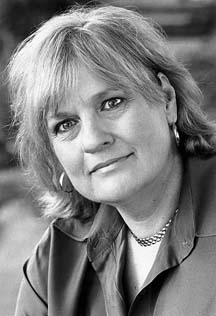 The
The  Baker & Taylor has released
Baker & Taylor has released 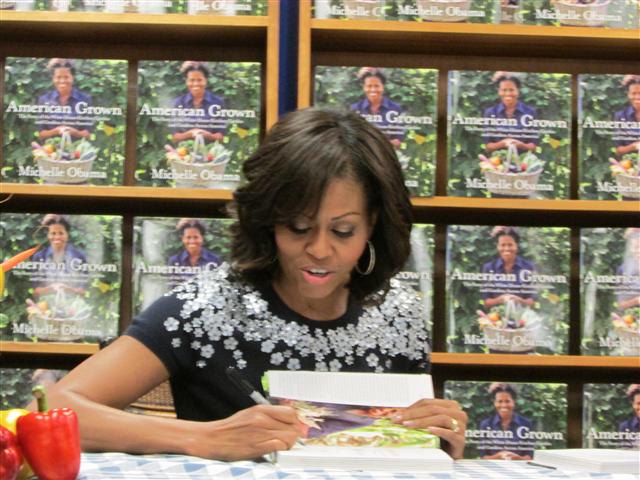
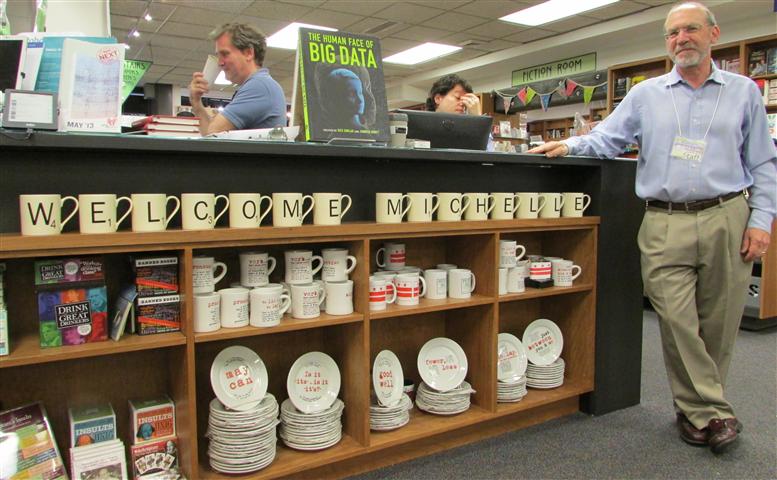
 "On Thursdays, for instance, Ferguson offers 20% off on new books. They call it '
"On Thursdays, for instance, Ferguson offers 20% off on new books. They call it ' In her Ploughshares essay "
In her Ploughshares essay "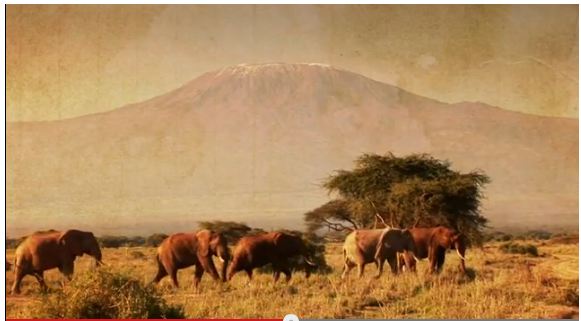 A Spear of Summer Grass
A Spear of Summer Grass Twelve days before the premiere of Steven Soderbergh's upcoming film Behind the Candelabra, Tantor Media will publish a new edition of Scott Thorson's memoir of the same name, which was originally published in 1988.
Twelve days before the premiere of Steven Soderbergh's upcoming film Behind the Candelabra, Tantor Media will publish a new edition of Scott Thorson's memoir of the same name, which was originally published in 1988. The graphic novel Odd Duck (First Second/Roaring Brook, May 14, 2013) brings together two quirky web-footed characters and also unites two talented veterans who've dabbled in this format before: author Cecil Castellucci (The Year of the Beasts) and artist Sara Varon, who both wrote and illustrated Bake Sale and Robot Dreams. Their collaboration spans the coasts; Castellucci lives in Los Angeles, and Varon resides in Brooklyn.
The graphic novel Odd Duck (First Second/Roaring Brook, May 14, 2013) brings together two quirky web-footed characters and also unites two talented veterans who've dabbled in this format before: author Cecil Castellucci (The Year of the Beasts) and artist Sara Varon, who both wrote and illustrated Bake Sale and Robot Dreams. Their collaboration spans the coasts; Castellucci lives in Los Angeles, and Varon resides in Brooklyn. Newbery medalist Cynthia Kadohata's (Kira-Kira) moving novel of an intergenerational family unfolds through the eyes of 12-year-old Summer Miyamoto.
Newbery medalist Cynthia Kadohata's (Kira-Kira) moving novel of an intergenerational family unfolds through the eyes of 12-year-old Summer Miyamoto.